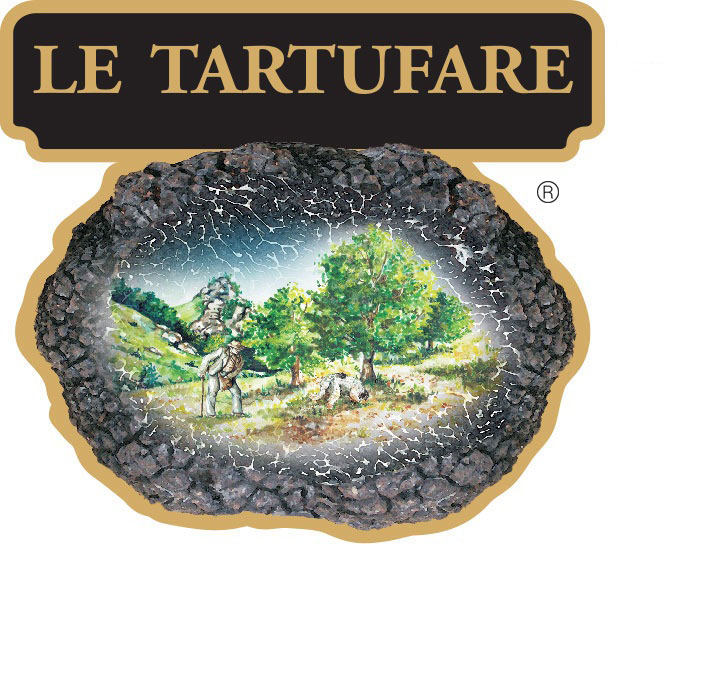Wow! Ever felt like juggling your crypto portfolio across a dozen apps is a nightmare? Yeah, me too. Managing assets on multiple blockchains while keeping track of every seed phrase? That can give anyone a headache. Honestly, I remember when I first tried syncing my DeFi tokens scattered on Ethereum, Binance Smart Chain, and Polygon—it was like herding cats. Something felt off about how fragmented the whole process was.
But here’s the thing: multi-chain wallets with seamless portfolio tracking and rock-solid backup options are starting to fix this mess. They’re not just fancy tools; they’re becoming essentials for anyone serious about crypto security and convenience. Initially, I thought a single-chain focus was enough, but then I realized how much opportunity (and risk) you miss out on without multi-chain support.
Okay, so check this out—if you’re into DeFi and want to keep all your assets under one roof without sacrificing security, you probably want a wallet that supports multiple chains natively. This means no more switching apps or manually adding tokens. Trust me, that’s a huge time saver.
On one hand, some folks worry that juggling multiple chains increases the attack surface or complicates backups. Though actually, if your wallet handles seed phrase backup elegantly, it can be the safest way to manage diverse assets. The key is not just having a backup, but having one you trust and can easily restore from.
Speaking of which, I’ve been using trust wallet lately, and it nails these points pretty well. The interface is clean, and the multi-chain support feels genuinely integrated—not just slapped on. Plus, their seed phrase backup system isn’t some clunky afterthought; it’s very user-friendly and secure. I’m biased, but that part bugs me when wallets ignore how critical easy backup/recovery is.
Here’s a quick tangent—oh, and by the way—if you’ve ever lost a seed phrase, you know how bad it feels. Imagine losing access to years of investments just because you weren’t careful with a 12-word phrase. It’s why I’m super picky about wallets that guide you through backup properly and nudge you to store phrases safely.
Now, about portfolio tracking: seeing all your holdings across chains in one dashboard isn’t just convenient—it’s empowering. You get a real snapshot of your net worth and where your risk lies without hopping between apps. This is crucial for DeFi users who might have liquidity pools here, staking tokens there, and NFTs somewhere else. Trust wallet’s portfolio tracker syncs across chains, which helps keep things less chaotic.
Seriously? The complexity of DeFi can overwhelm even seasoned users. That’s why having a wallet that simplifies multi-chain operations without sacrificing security is a must-have. And no, not all wallets get this right. Some are either too basic or too complicated, which leads to frustration and sometimes, costly errors.
Something else I noticed—there’s a real trade-off between ease of use and security in crypto wallets. But with the right design choices, like what I saw in trust wallet, you can strike a balance. For example, the way it handles seed phrase backup encourages users to write down their phrase securely rather than relying on risky screenshots or cloud storage. This shows thoughtful UX design informed by real-world user behavior.
My instinct said to be skeptical at first—after all, how many wallets boast multi-chain support but still fall short in practice? But after digging deeper, I realized the difference lies in how they integrate portfolio tracking with backup features, not just list chains as an afterthought. It’s about creating a seamless, trustworthy ecosystem.

By the way, if you’re new to this, here’s a little heads-up: don’t just pick a wallet because it’s popular. Check if it supports all the chains you’re active on and how it handles seed phrase backup—this is your lifeline. Trust wallet, for example, supports Ethereum, BSC, Polygon, and several other blockchains right out of the box. That really cuts down on hassle.
Why Seed Phrase Backup Isn’t Just a Checklist Item
Let me be honest: many people treat seed phrase backup like a box to check off during wallet setup, then promptly forget about it. I get it—it’s tedious and frankly kinda scary. But here’s what bugs me—skipping this step or doing it half-heartedly is asking for trouble. You could lose everything with a single mistake.
Initially, I thought digital backups (like saving phrases in apps or cloud storage) were fine. Actually, wait—let me rephrase that—they’re convenient, sure, but they’re also a security risk. Physical backups stored offline remain the gold standard. Trust wallet reminds users to write down their seed phrase on paper and keep it somewhere safe, which is smart.
On one hand, some wallets offer biometric or PIN protections, but these don’t replace the seed phrase backup. Though actually, they add layers of defense in case your device is lost or stolen. The catch here is understanding what each security layer does and doesn’t protect against.
One exception to the physical backup rule might be hardware wallets, but those come with their own learning curve and aren’t exactly mobile-friendly for quick DeFi interactions. For mobile users, a software wallet with solid seed phrase backup guidance and recovery options like trust wallet seems like the sweet spot.
Whoops, I almost forgot to mention—there’s a little-known feature in trust wallet that allows encrypted cloud backups, which can be a lifesaver if you lose your device and physical phrase. Though I’d still recommend using that cautiously and complementing it with offline backups.
Multi-Chain Support: Not Just a Buzzword
So, multi-chain support isn’t just about adding more blockchains for the sake of it. It’s about genuine interoperability and ease of managing assets. For example, DeFi strategies often span several chains to optimize yields or reduce fees. If your wallet can’t keep up, you lose out.
Trust wallet’s approach to multi-chain is pretty impressive. It lets you hold tokens and interact with dApps on multiple chains without juggling different apps or accounts. This means faster transactions and less confusion, especially for casual users stepping into DeFi.
But here’s a little nuance—multi-chain wallets inherently have a bigger attack surface because they connect to multiple networks. That’s why how the wallet manages private keys and seed phrases becomes critical. Trust wallet uses local key storage, which reduces some risks compared to cloud-based wallets.
Hmm… I remember trying a multi-chain wallet that claimed to support tons of chains but lagged terribly when syncing portfolio data. That killed the experience for me. In contrast, trust wallet updates balances and transactions pretty swiftly, which adds to trust.
There’s a subtle point here—wallets that try to do everything often end up doing some things poorly. But with the right engineering, you can have a wallet that feels like a Swiss Army knife without the frustration. That’s where trust wallet shines.
So, if you’re navigating the multi-chain DeFi jungle, having a wallet that combines solid seed phrase backup with genuine multi-chain portfolio tracking is not just handy—it’s essential. Plus, it helps you sleep better knowing your assets aren’t scattered across insecure apps or at risk of accidental loss.
In the end, my takeaway is this: don’t settle for wallets that treat multi-chain and backup as afterthoughts. Your crypto life is way too valuable. If you want a solid blend of security, convenience, and real support for DeFi, check out trust wallet. Seriously, it’s worth a look.
Alright, I’ll leave you with that thought. Managing crypto is a wild ride, but with the right tools, you can keep your balance and maybe even enjoy the journey. Just don’t forget—your seed phrase is your lifeline, and multi-chain support is the key to unlocking DeFi’s full potential.
